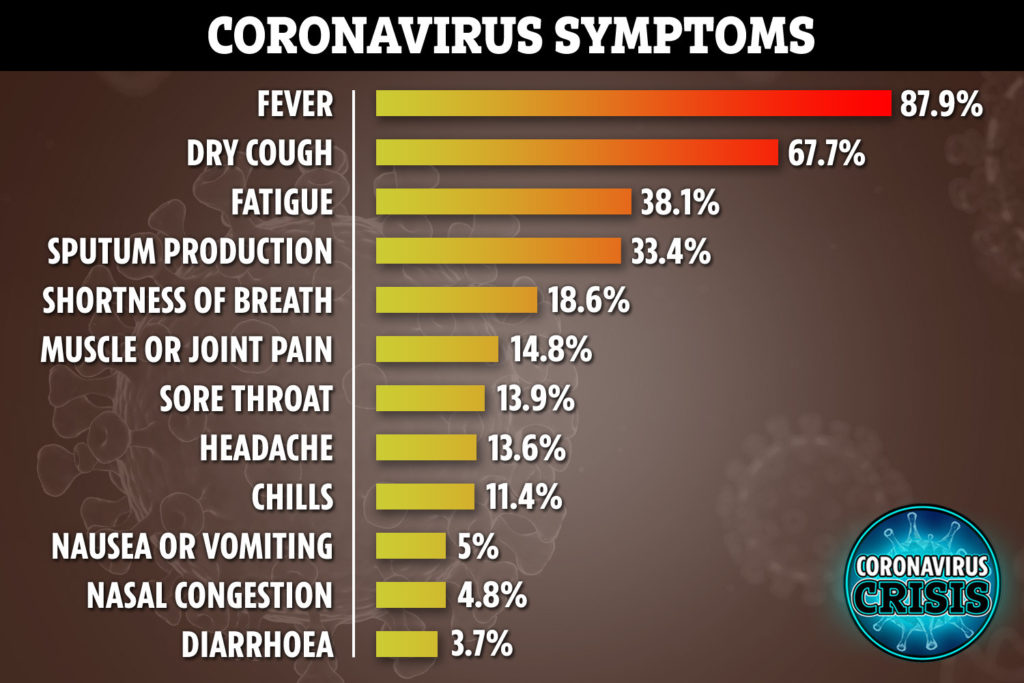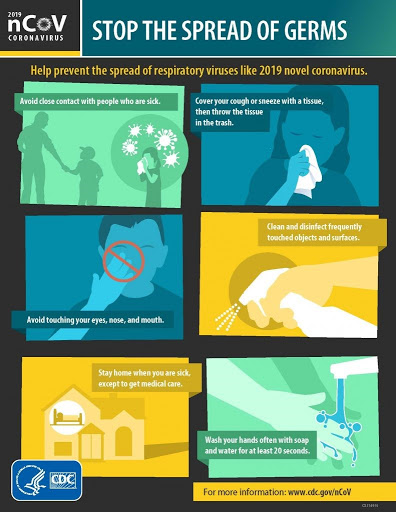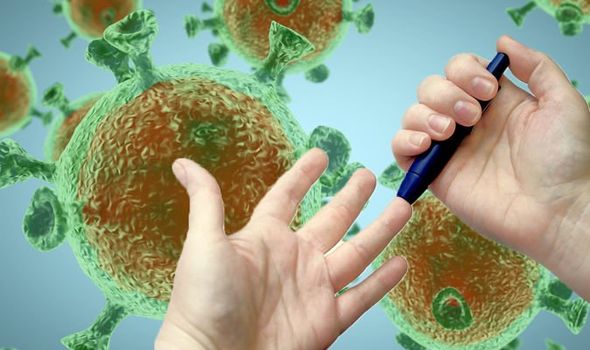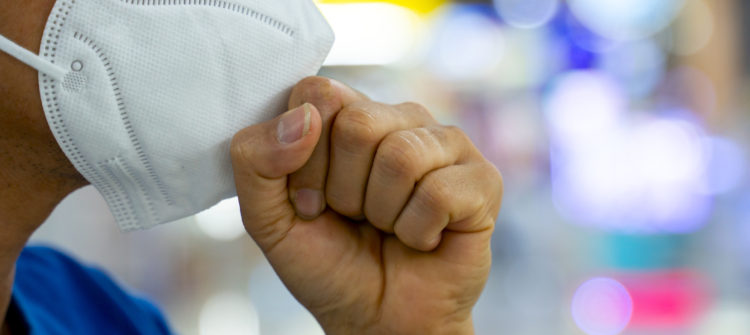Early 2020 have caught the attention of the world for the outbreak of a new virus that has created turbulence. The virus is coronavirus. From its origins in the food market in Wuhan, China in December, it has spread to different European and Asian countries. There are different misconceptions associated with the virus that create baseless panic among all. In the article, the focus is to evade such myths and provide information on coronavirus causes, symptoms and risks, precautions.
The symptoms of coronavirus

After 2-4 days of coronavirus infection, the symptoms come that are generally mild. These may vary from one person to another and sometimes this can be fatal. The symptoms include:
- Developing a cough that becomes severe over time
- A low-grade fever that can slowly increase in temperature
- Shortness of breath
- Sneezing, runny nose
- Sore throat
- Exacerbated asthma
There is no cure till now, so the treatment is over-the-counter (OTC) and self-care. The infected patients can take measures like:
- Avoid smoking and smoky zones
- Drinking enough water
- Resting and avoid overexertion
- Usage of a clean humidifier
- Take acetaminophen or naproxen for pain and fever
But it is wise to consult a physician who will test it by taking a sample of respiratory fluids such as mucus from blood or the nose.
How does the coronavirus spread?
The name “coronavirus” derives from the crown-like outcrops on the surfaces. The word “corona” actually means halo or crown. In 1937, the researchers first segregated a coronavirus. They found a coronavirus responsible for a bronchitis virus in the bird that might ruin the poultry. Recently, it spreads to human beings also. In the following points, we mention some of the points:
Animal source
The virus causes mainly emerges from an animal source. The virus can also spread between persons who are close to one another. It spreads through respiratory droplets when an infected person sneezes or coughs and it moves through the air.
By touch
A person can get coronavirus by touching the surface or object that has the virus and then touches the nose, mouth or eyes. The virus gets transmitted to human beings in such a way.
Risks factors associated with coronavirus
There are several risk factors associated with coronavirus.
These include
- Old-aged persons, children, pregnant ladies, patients with hypertension or diabetes are more likely to get infected easily.
- Recent travel to an area if affected with the ongoing spread of COVID-19 as determined by WHO (World Health Organization).
- Close contact with persons with COVID-19 such a health care worker taking care of a patient or a family member. A recent study shows that the median age of people tested positive for this disease was around 45 years old.
Treatments of coronavirus
There is no treatment approved for COVID-19. But treatments and vaccinations are under study. If you realize that you are affected with coronavirus, consult a doctor immediately. Some treatments for this deadly virus are available:
- Breathing support, such as mechanical ventilation
- Antiviral or retroviral medications
- Blood plasma transfusions
How to prevent the spread of the coronavirus?

To protect you from the coronavirus, there are several preventive tips to follow. The best thing is to practice good hygiene to prevent the spreading of bacteria.
- Wash your hands with soap and water and with an alcohol-based hand sanitizer.
- Don’t touch your mouth, nose with unclean hands.
- Avoid contact with anyone who is infected with the coronavirus or suspected to have it.
- When you cough or sneeze, cover your mouth and elbow.
- Stay at least 3 feet away from the person with cough or sneeze.
- Clean and disinfect objects like computers, utensils, phones, dishware with disinfectants.
To sum up, it is high time when we should work unanimously to beat the virus. Don’t get panic. Instead, follow the guidelines and prevent it from spreading. We will overcome the crisis soon.





